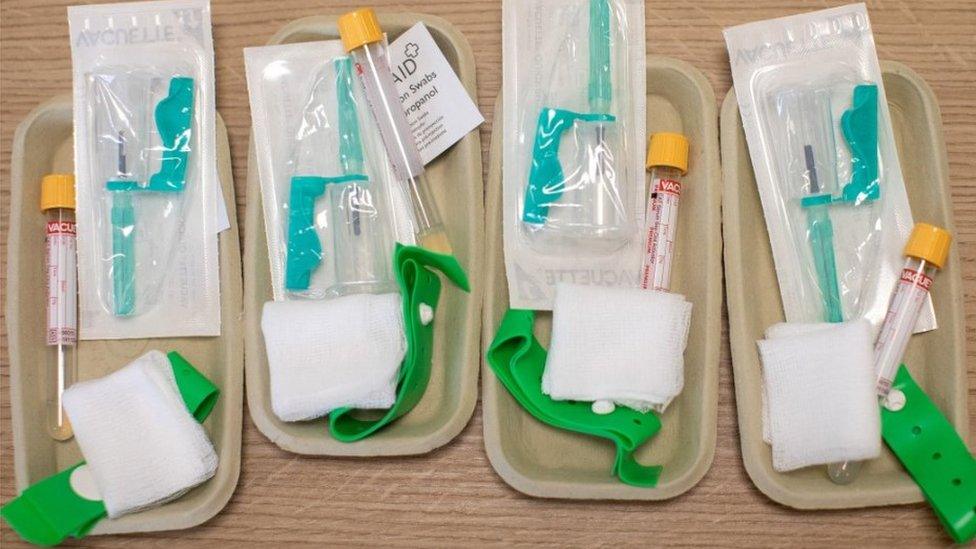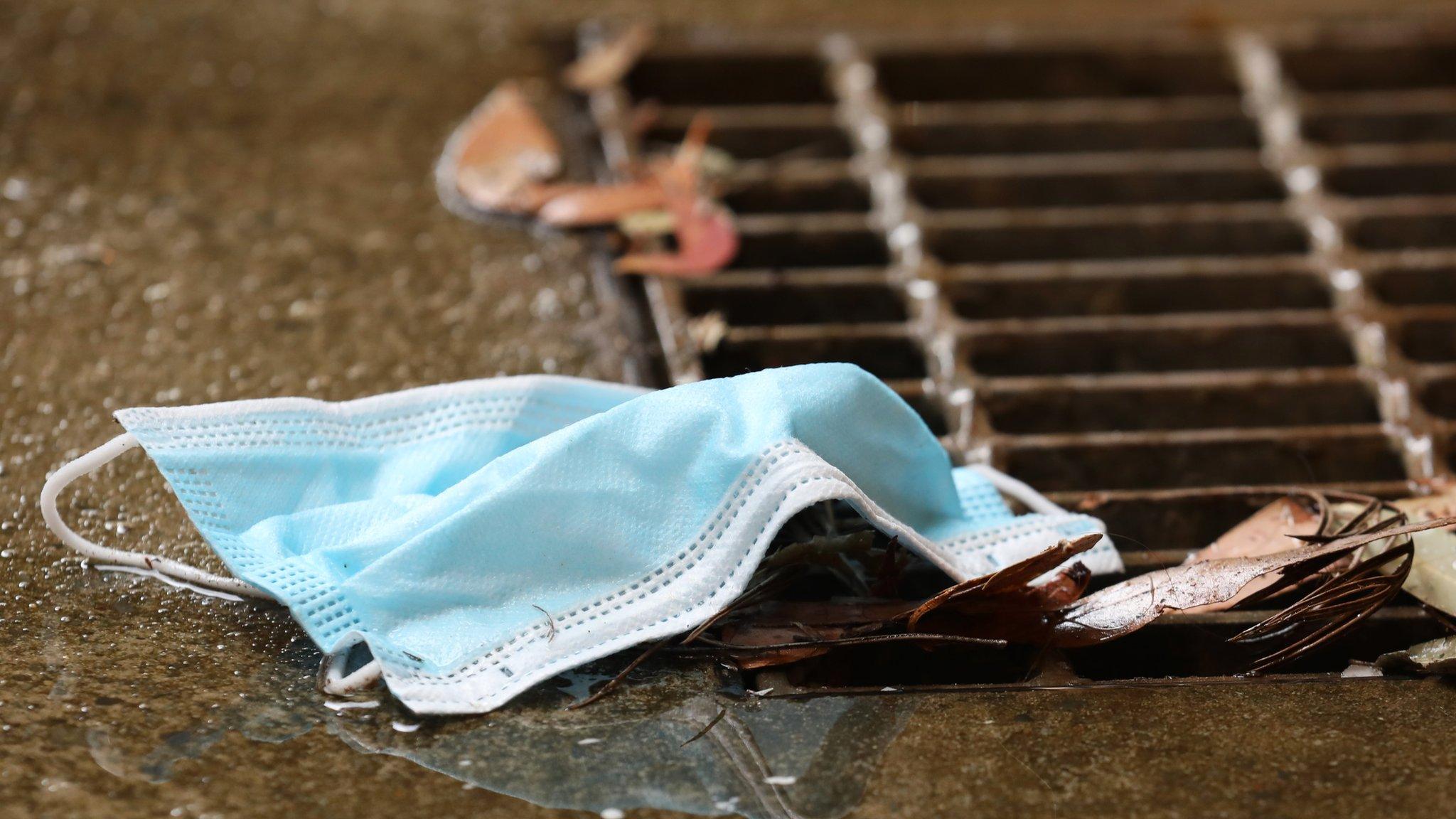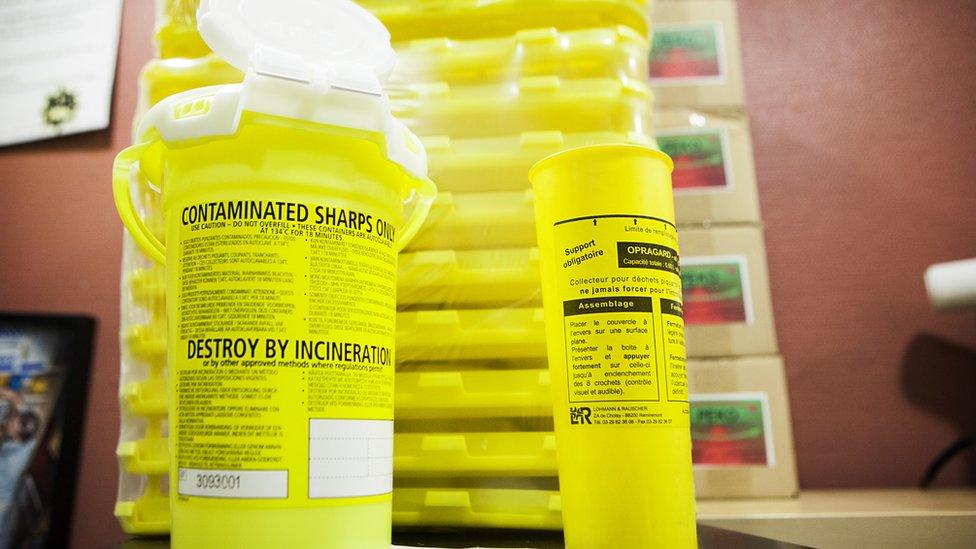West Lancashire medical incinerator approved despite objections
- Published

Waste including contaminated old medical equipment will be destroyed at the plant
Plans for a medical waste incinerator have been given the go-ahead despite opposition from local residents.
Culzean W2e Limited wants to build the facility at Simonswood Industrial Park on the border of Lancashire and Merseyside.
Campaigners claimed the plant would increase people's risk of getting cancer and contaminate crops.
But they were accused of spreading misleading "propaganda" and Lancashire County Council rubber-stamped the plan.
The Warrington-based firm will now also need an operating permit to be granted by West Lancashire Borough Council, the Local Democracy Reporting Service said.
The incinerator will see infectious waste including dressings, specimens and protective clothing "thermally destructed" in an 850-degree-celsius process known as pyrolysis.
The company told the council's Development Control Committee its operation would account for just a fraction of the thermal treatment permitted on the site under local planning policy - and was a facility which was needed locally.
More than 1,400 people lodged objections to the scheme and a community group called Stop the Simonswood Incinerator was set up.
'Patent nonsense'
Local resident Stephen Jones warned councillors they would have "blood on their hands" and suggested a similar incinerator at Royal Oldham Hospital, opened in 1994, had led to an increase in lung cancer rates.
But Peter Eaton, who supported the application, said that increase could have been linked to those areas having a high proportion of smokers.
During a two-hour debate opposition campaigners were accused of attempting to whip up locals into a "frenzy" with misleading "propaganda".
Other objections included fears that the rate of hospital admissions for respiratory diseases - higher in Knowsley than anywhere else in Merseyside - would be made worse.
Another resident, Paula Carlysle, claimed the facility could contaminate crops and said as many as 200 farm-based jobs could be lost.
However, Nick Kennedy, a director of Culzean W2e Limited, slammed what he called the "patent nonsense" being spread by people.
Councillor Barrie Yates said he understood the concerns but added: "Everywhere I turn, I cannot find a reason under planning law to refuse this application."

Why not follow BBC North West on Facebook, external, Twitter, external and Instagram, external? You can also send story ideas to northwest.newsonline@bbc.co.uk, external
Related topics
- Published1 February 2022

- Published5 October 2018

- Published4 October 2018
